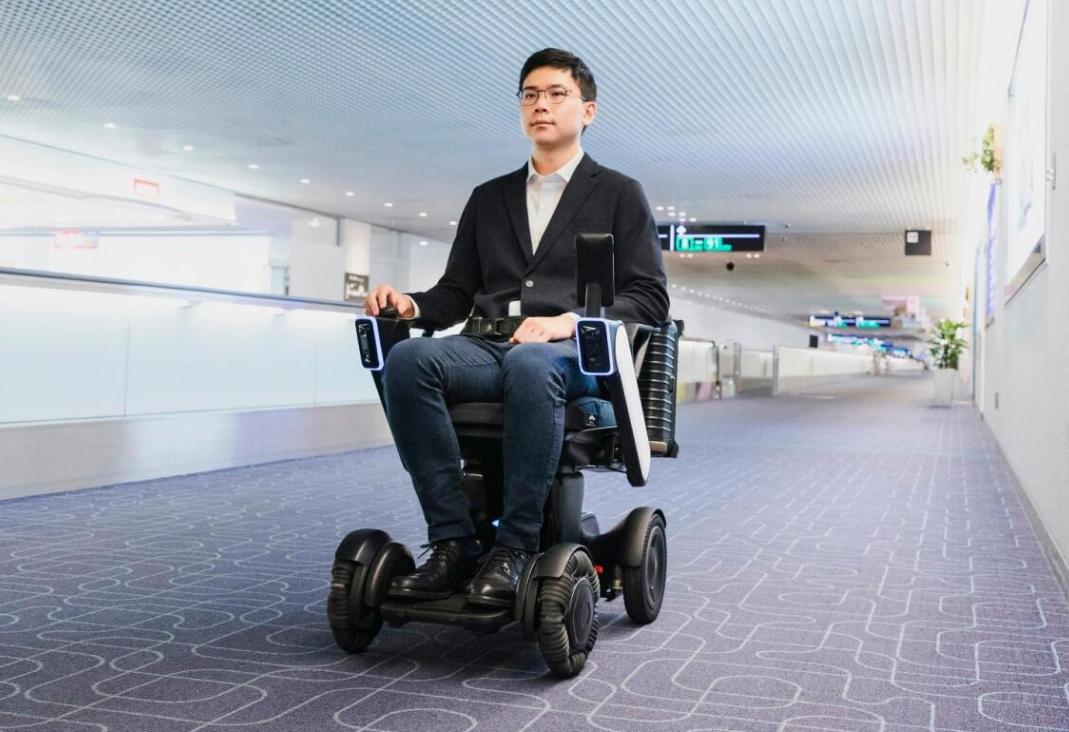Maintaining good hygiene is a vital part of health and dignity, but for people with limited mobility, even simple daily routines can become difficult. Activities like bathing, brushing teeth, or washing hair may take longer and require extra effort or assistance.
Modern tools are helping to make daily hygiene easier and safer for people with mobility limitations. The shower chair offers comfort and stability during bathing and allows users to sit securely while showering, reducing the risk of falls and promoting confidence.
A supportive environment and well chosen equipment can turn hygiene from a struggle into a more relaxed and manageable routine. Understanding individual needs and finding the right solutions are key to improving both comfort and independence.
Creating a Safer and More Accessible Bathroom
The bathroom is the most common place for accidents among elderly individuals or those recovering from illness or injury. Wet surfaces and tight spaces increase the risk of slips and falls. Creating a safe bathroom begins with design and accessible features.
Grab bars installed near the toilet and shower area provide essential support. Non slip mats, handheld showerheads, and adjustable fixtures also contribute to a safer experience. These features allow users to move at their own pace without relying heavily on assistance from others.
A well designed bathroom helps prevent accidents, especially for people with reduced vision or slower reflexes. Even small upgrades such as motion sensor lights or strategically placed fixtures can make a big difference in usability and comfort.
When the environment feels safe, users are more likely to maintain consistent hygiene routines. It is not just about safety, it is about restoring confidence and a sense of control in daily living.
The Role of Assistive Equipment in Personal Care
Assistive hygiene equipment is designed to bridge the gap between ability and need. Whether it is for temporary recovery or long term mobility limitations, the right equipment can dramatically improve comfort and safety.
A sturdy shower chair helps individuals bath independently, raised toilet seats and transfer benches further reduce the strain making transitions smoother and safer. Handheld showerheads paired with temperature controls allow users to wash comfortably without overreaching or bending awkwardly.
These products are not simply conveniences, they are life enhancing tools that enable individuals to care for themselves with dignity. They also provide peace of mind for caregivers, knowing that their loved ones are supported by reliable and ergonomic solutions.
Encouraging Independence Through Routine
Maintaining a regular hygiene routine does more than promote physical health, it nurtures self esteem and emotional stability. When someone can bathe, dress, and groom themselves independently, it strengthens their confidence and sense of identity.
Daily hygiene routines also have a calming effect, helping regulate emotions and create structure. For those managing chronic conditions or recovery periods, small routines like washing or brushing can bring a sense of normalcy to their day.
Encouraging independence does not mean removing all help, it is about giving users the tools and confidence to do as much as they can on their own. Simple adjustments, combined with supportive equipment, can make this possible.
Home Adaptations for Comfort and Convenience
Equally important is the placement of hygiene essentials. Keeping towels, soap, and grooming tools within easy reach reduces unnecessary strain. Even organizing shelves or adding small storage baskets can make daily routines smoother and more efficient.
Adaptive toilets and commode chairs provide easy and safe solutions, can be placed near the bed or in accessible locations, allowing users to manage personal care with dignity and privacy. These simple modifications collectively create a living space that supports both comfort and independence.
Supporting Dignity Through Better Design
Every person deserves to feel clean, comfortable, and cared for. By incorporating accessible design, assistive tools, and thoughtful planning, daily hygiene can become a more empowering experience rather than a daunting task.
It is not just about the physical adjustments, it is about preserving dignity and promoting emotional well being. The right environment allows individuals to take part in their own care, fostering independence and confidence in everyday life.
For caregivers and families, investing in adaptive hygiene solutions shows compassion and respect. It communicates that the person’s comfort, privacy, and sense of self are valued.
Conclusion: A Path to Independence and Comfort
Daily hygiene should never be a challenge that limits one’s quality of life. With supportive tools like a shower chair, well designed spaces, and assistive equipment such as a commode chair, individuals with limited mobility can maintain their independence safely and confidently.
Empowering people through thoughtful design and accessible solutions is not only about comfort, it is about restoring self respect and health. As homes and communities continue to evolve, accessibility should remain at the heart of care, ensuring that every person can live with freedom, confidence, and ease.





